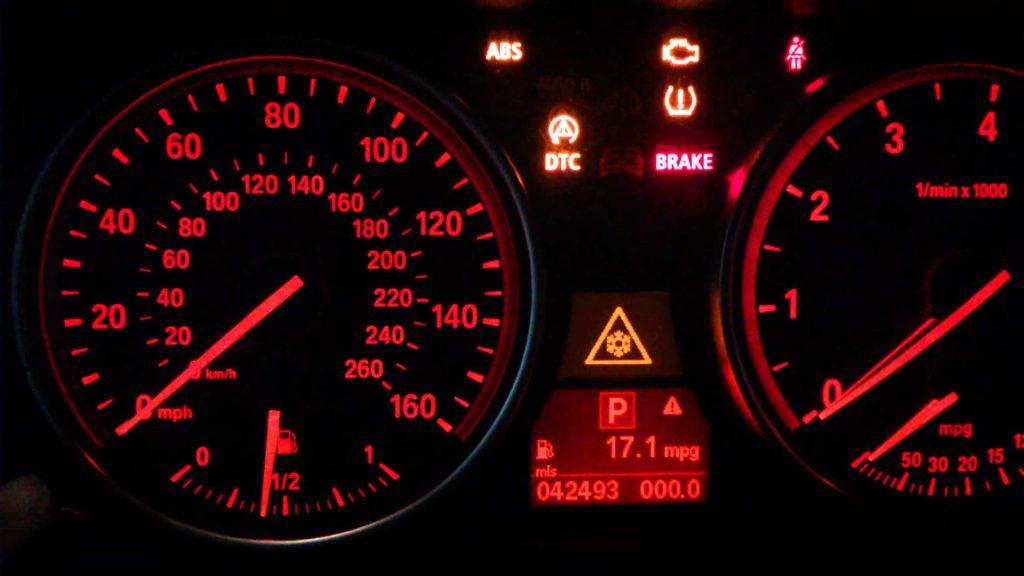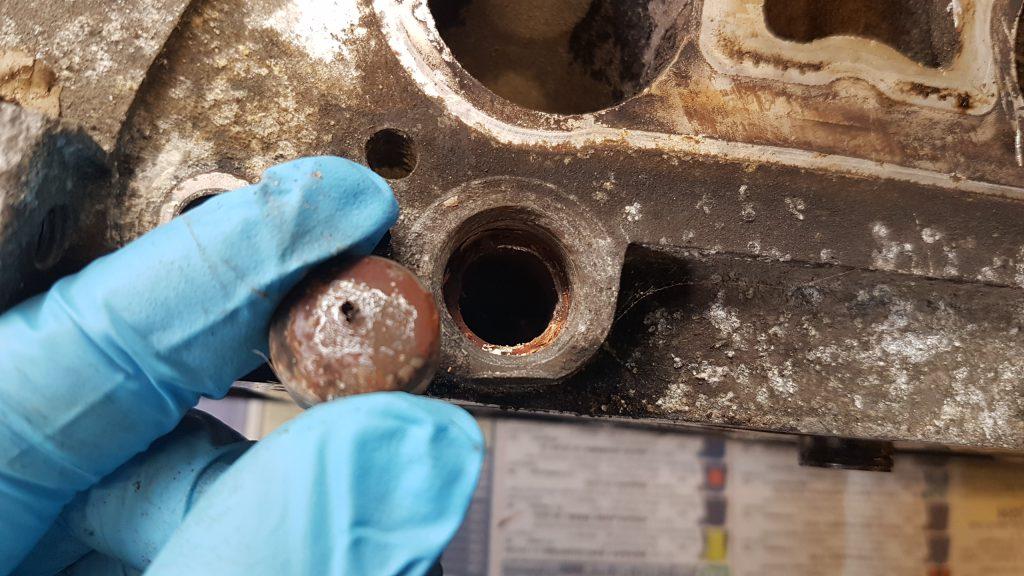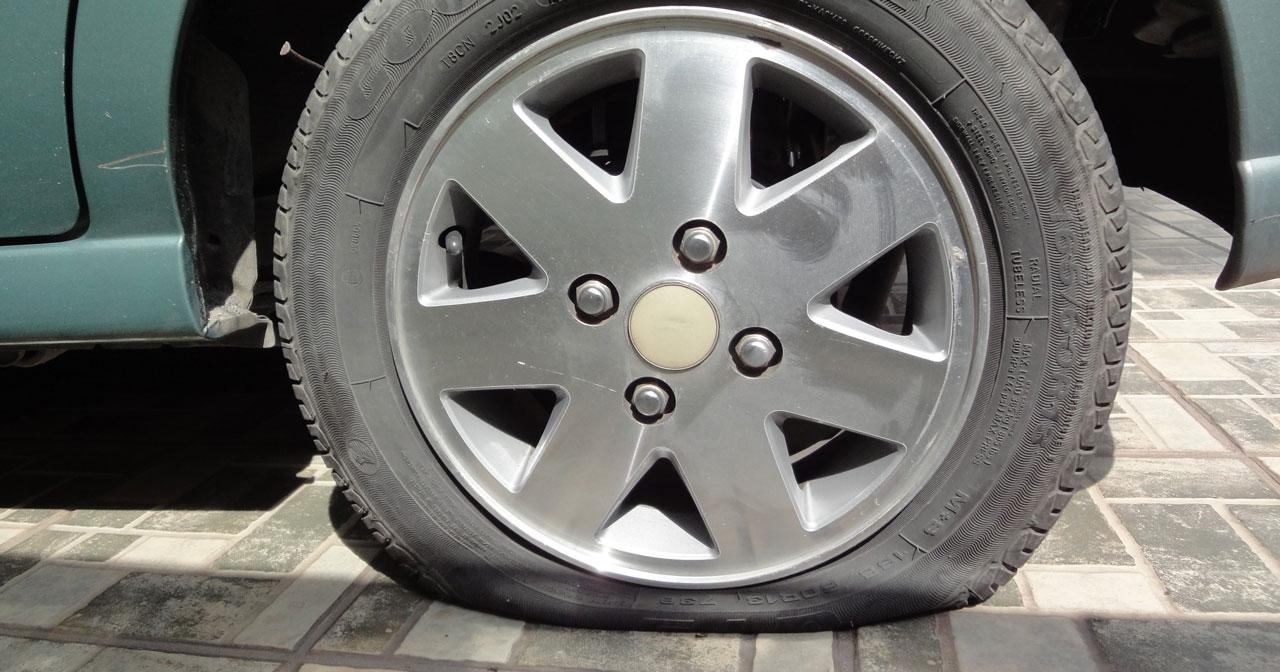5 Things That Might Indicate an Impending BMW Water Pump Failure
A little defect in any one part might affect the entire working of the vehicle. So, to help you out, here are some useful tricks that will help you figure out your BMW water pump failure.
If we talk about the water pump, it is the main part of the engine’s cooling system. And, if it stops working, the actual problem starts!
5 Things that Helps to Figure out BMW Water Pump Failure
The job of a water pump is to continually pass the coolant right through the complete cooling circuit. Thus, helps in regulating the flow rate of the coolant. A dreadful water pump can cause overheating of your Bimmer’s engine.
Therefore, you should check the water pump of your vehicle as soon as you come across these situations.
1. Shrill Droning Sounds
The reason for this shrill squeak from your BMW might be your loose belt. This slack belt could signify a slackened pulley or exhausted bearings in the water pump.
If the bearings of your BMW have tattered entirely, it may happen that your water pump needs to be changed in order to prevent water pump failure.
2. Engine Overheating
-

Learn about BMW water pump failure. Source: Internet
There are several reasons that can scorch your BMW’s engine. If you notice the temperature sensor of your car is red or the dash is popping up with warnings, you need to consult an auto expert straight away.
A botched water pump will overheat your car, ensuing further engine damage. You may also face some costly repairs of head gaskets and broken cylinder heads if your water pump fails.
3. Coolant Leaks
If you ever observe a leak impending from the front part of your BMW, you should not ignore it.
It may be possible that the leak is an indication of a lot of problems that are about to come. If the color of the liquid is blue, it may happen that it is a coolant leak coming from the water pump.
SEE MORE:
- How Long is it Safe to Drive With Power Steering Fluid Leak?
- Common Causes of Water Leaking From Under A Car
4. Steam Emitting from the Radiator
The steam from your radiator is not at all a good sign. It might be coming from an overheated engine caused by the improper working of the water pump. The main work of the water pump is to circulate water to the radiator.
If the pump is not functioning right or if the hoses contain many disconnects, the coolant will not go from one point to another in the engine, leaving it vulnerable to overheating.
5. Rust on the Water Pump
Corrosion and rust on the water pump might be another indication of your BMW water pump failure. This corrosion prevents the water pump from successfully moving the coolant.
In this case, you need to get your pump replaced to ensure proper working of the vehicle. If you wish to know more about the proper working of a water pump, explore some maintenance tips by the car experts.
-

Things that might indicate bmw water pump failure. Source: Youtube
FAQs
1. Can I continue driving my BMW if I suspect a water pump issue?
It is not recommended to continue driving your BMW if you suspect a water pump issue.
Operating the vehicle with a failing water pump can lead to severe engine damage due to overheating. It’s best to have the problem diagnosed and repaired promptly.
2. How can I prevent BMW water pump failure?
Regular maintenance is key to preventing water pump failure. Follow your BMW manufacturer’s recommended service intervals, and have the cooling system inspected by a qualified technician periodically.
Replacing the water pump and associated components at the recommended intervals can help ensure its longevity and prevent unexpected failures.
3. How much does it cost to replace a BMW water pump?
The cost of replacing a BMW water pump can vary depending on the model, year, and where you have the service performed.
On average, you can expect to pay between $300 and $800 for parts and labor. Costs may be higher for luxury or high-performance BMW models.
4. Can I replace the water pump myself?
While some experienced DIY mechanics may attempt to replace a water pump, it is a complex job that often requires specialized tools and knowledge of BMW’s cooling system.
For most drivers, it is advisable to have a professional mechanic or BMW dealership perform the replacement to ensure it’s done correctly.
5. How long does a typical BMW water pump last before it needs replacement?
The lifespan of a BMW water pump can vary depending on factors such as driving conditions, maintenance, and the specific model of your BMW.
However, on average, a water pump may last between 60,000 and 100,000 miles (96,000 to 160,000 kilometers).
6. Are there any specific BMW models known for water pump issues?
While water pump issues can occur in various BMW models, some models, such as the BMW E90 3 Series, have been known to experience water pump failures more frequently.
It’s essential to note that regular maintenance and prompt attention to warning signs can mitigate these issues.
7. Can I use any type of coolant in my BMW, or does it require a specific coolant type?
BMWs typically require a specific type of coolant recommended by the manufacturer.
It’s essential to use the correct coolant to ensure proper cooling system performance and prevent compatibility issues. Refer to your BMW owner’s manual for the recommended coolant type.
8. Is water pump failure covered by BMW’s warranty?
The warranty coverage for water pump replacement can vary depending on your BMW’s warranty terms and conditions.
In some cases, water pump replacement may be covered under a new car warranty or an extended warranty if the issue arises within the warranty period.
Check your warranty documentation or consult with your BMW dealership for specific coverage details.
Watch this video from Garage King to learn how to check BMW water pump!
Final Words
So, the above-mentioned things are responsible for your BMW water pump failure. Next time, if you come across such situations, get it treated immediately.
Remember that maintaining your BMW’s cooling system and promptly addressing any warning signs of water pump failure can help you avoid costly repairs and keep your vehicle running smoothly. If you suspect an issue, consult a qualified technician for a proper diagnosis and repair.














